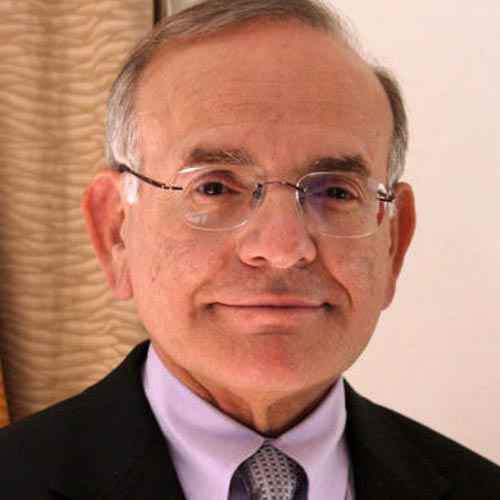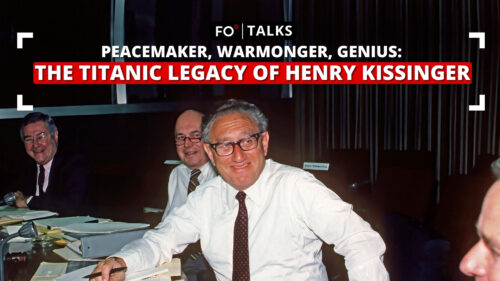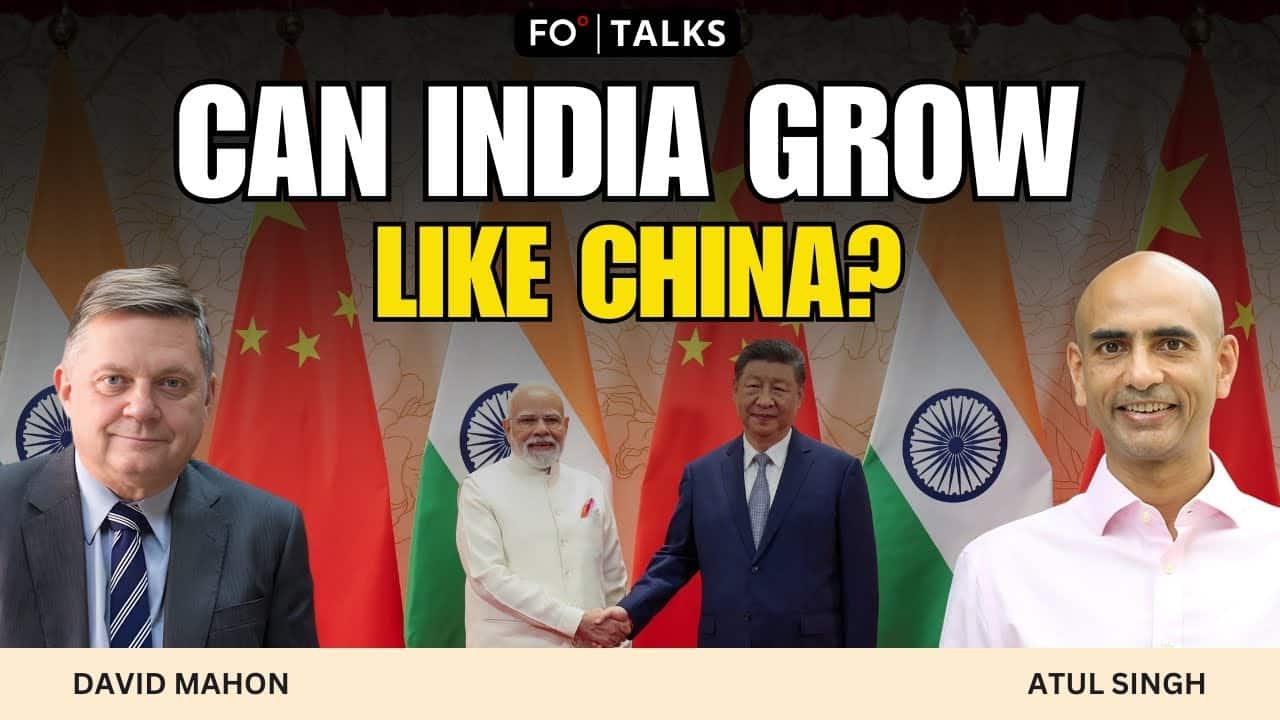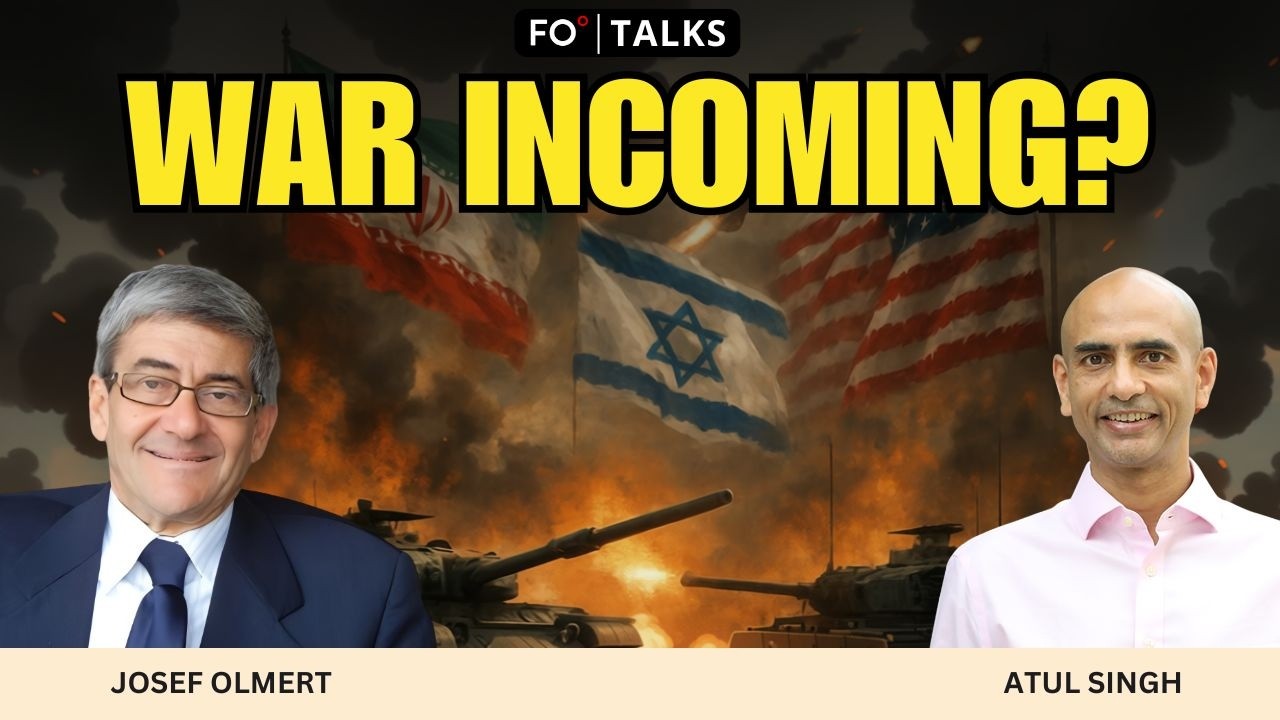The US has been a key player in the Middle East since World War II. A strategic interest in oil drove its involvement, leading to critical diplomatic engagements like President Franklin D. Roosevelt's secret 1945 visit to the Middle East after the Yalta Conference. The British, previously the dominant hegemonic power in the region, misjudged Saudi oil potential and focused on Iran. British interests in Egypt and Iran faced complications, including the 1953 CIA-backed coup in Iran and an attempted invasion of Egypt with France and Israel in 1956 that sparked condemnation from both the US and the Soviet Union. This marked a transition from British hegemony in the Middle East to Cold War competition and, eventually, American preponderance. It was during this period that the US formed lasting alliances with the Gulf States and Israel that continue to impact the Middle East today.
To understand the role the US plays in the Middle East today, we need to look at history. In the aftermath of World War II, America turned to the region mainly due to its strategic interest in the Middle East's vast energy resources, particularly oil. On February 19, 1945, President Roosevelt met with King Abdulaziz bin Abdul Rahman al Saud (better known in the West as Ibn Saud) aboard the USS Quincy on the Great Bitter Lake in Egypt. Despite the colorful pageantry, including the slaughtering of goats for a feast, the central focus of the talks was disposition of the hundreds of thousands of Jewish refugees following World War II and the future relationship between the United States and Saudi Arabia, with a notable absence of direct discussions about oil.
Britain’s losing gamble in Iran
Meanwhile, the British, previously dominant in the Middle East, made a critical miscalculation regarding Saudi Arabia's mineral potential. The British underestimated Saudi oil reserves. The Americans, adopting a more persistent approach, eventually struck oil in the eastern part of the country. This discovery solidified the relationship between Saudi Arabia and the United States and US oil interests, marking the beginning of an enduring alliance. This partnership involved US oil companies drilling for oil in Saudi Arabia, with an even split in profits.
The British, with a historical interest in preserving its global empire, particularly in India and the Middle East, had a vested interest in maintaining its strong influence in the region, most notably Egypt and Iran. However, their misjudgment of Saudi Arabia's oil reserves created a strategic setback, contributing to the evolution of the Middle East's power dynamics.
As a result, the British focused on the oil in Iran; however, they had a different relationship with the Iranians. The British attempted to maintain control in Egypt and Iran but faced setbacks. The Anglo-Persian Oil Company, Ltd., (today known as BP), stood at the center of international tension. Under Prime Minister Mohammed Mosadegh, the Iranians sought to nationalize the oil company, which Britain vigorously opposed. The US encouraged the two parties to look to the US–Saudi partnership as a model. Yet both sides stubbornly refused and held on inflexibly. Along with Mossadegh’s obstinance, British and later American concerns about the direction of the Mossadegh government in its relationship with the Soviet Union led to the deposition of the democratically elected Prime Minister of Iran and the reinstatement of the absolute monarchy. Years later, the CIA admitted to America’s part in backing the coup to rid Iran of its Prime Minister.
Discontentment with the new regime and anti-Western sentiment eventually led to the 1979 Iranian Revolution. Islamists expelled Western interests from the country and set Iran as the foremost anti-Western power in the region, which it remains to this day.
Washington takes up the banner from London
As the 1950s wore on, US influence on the world stage and participation in Middle East politics continued to grow, taking on the role of peacekeeper. When Israel, France and the UK attempted to invade Egypt in 1956 to gain canal control, the US publicly condemned the plan, leading to the breakdown of the attempted attack. This marked a break between the European colonial powers with the US, which paradoxically found itself on the same side of the dispute as the Soviet Union, which that same year had invaded Hungary..
Yet the stage had been set. 1956 marked a turning point in the global balance of power. No longer would Paris and London dictate the terms of engagement, but two new and formally anti-colonial superpowers — the US and the Soviet Union — would shape the international system. For the succeeding three and a half decades, the Middle East, like the rest of the world, would become a Cold War chessboard.
[Tara Yarwais wrote the first draft of this piece.]
The views expressed in this article/video are the author’s own and do not necessarily reflect Fair Observer’s editorial policy.












































Comment